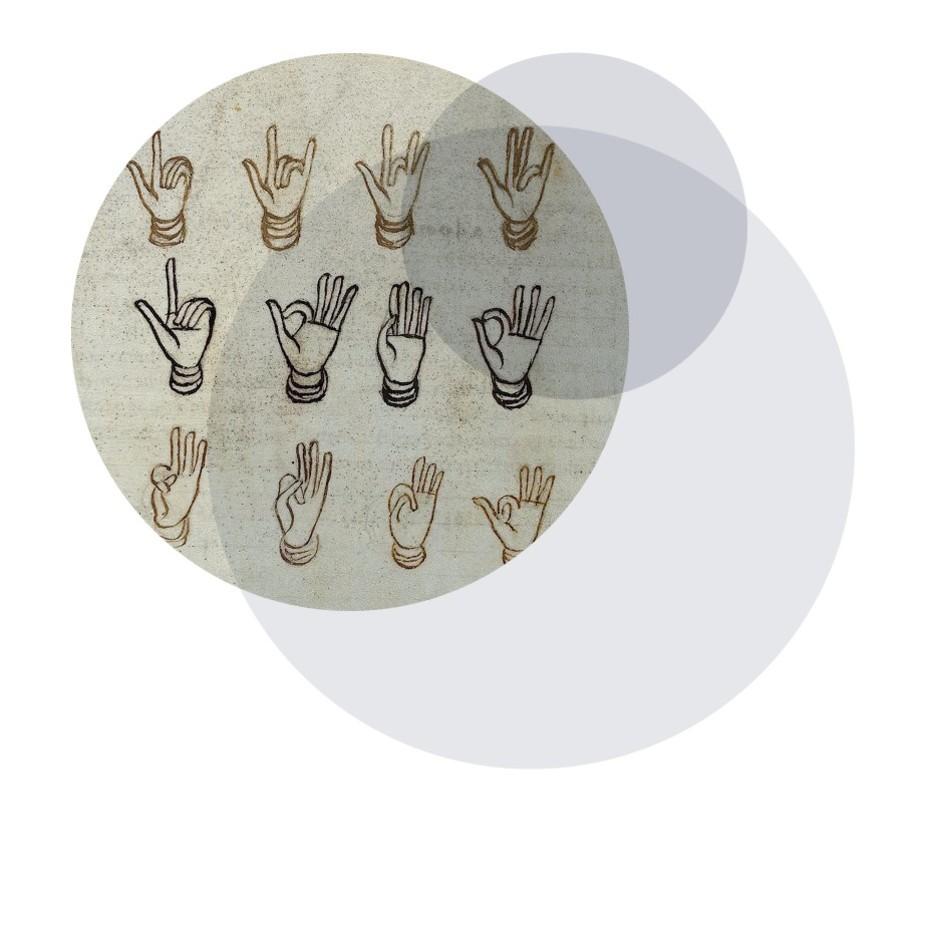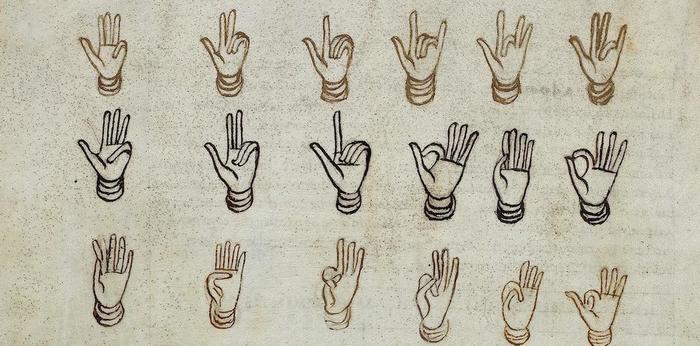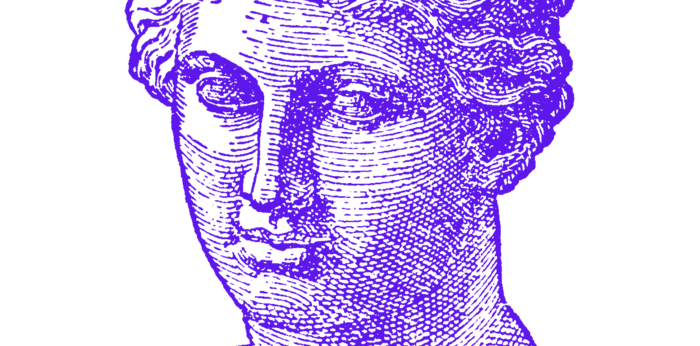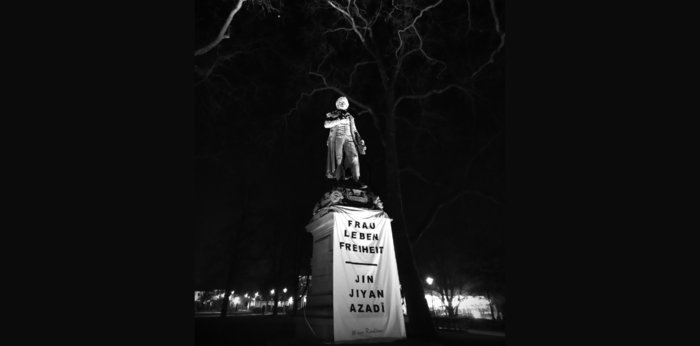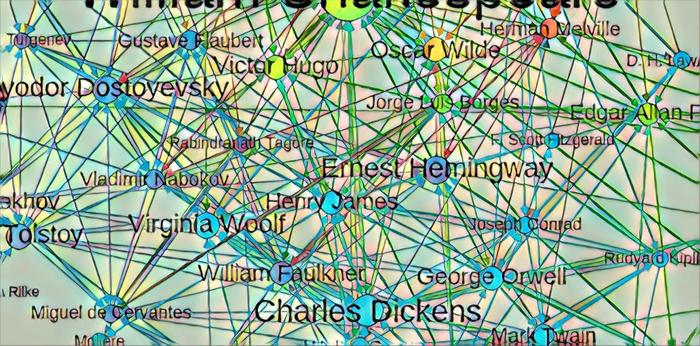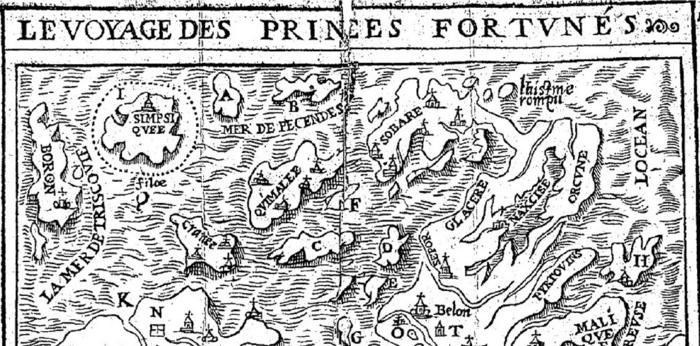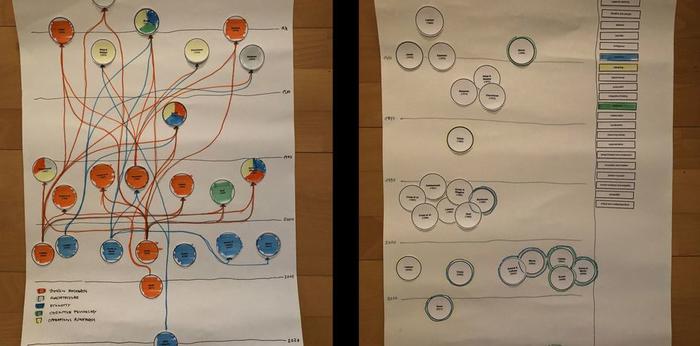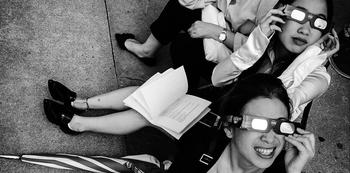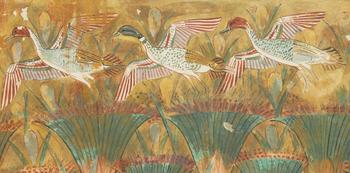As we (re-)write literary history in a global perspective, we engage with a vast multitude of perspectives and relations; because literary history will never fit into a multi-volume encyclopaedia it is in want of both a form and a format of representation. Research Area 5, "Building Digital Communities", sets out to model complex global entanglements, and critically reflects on how we (re-)construct 'temporal communities' both hermeneutically and digitally. In so doing, we test the Cluster's core concept against the constraints and implicit biases of the digital even as we simultaneously endeavour to explore the potential of computational approaches within the critical discourse of the humanities. We use the concrete activity of developing a model for the representation and analysis of literary communities as an opportunity to investigate the epistemic implications of visualisation and data-rich literary history.
Apart from contributing to the Cluster's research agenda from a digital humanist perspective, Research Area 5 also develops Articulations, the open access digital journal that serves as our forum for interdisciplinary publication projects, debates and artistic interventions. The peer-reviewed contributions present a wide range of multi-perspectival conversations and collaborations, such as case studies, exploratory insights, discussion threads and comments that outline and document the evolving ideas and projects through which the Cluster expands and networks its discourses across disciplines, research activities and publication formats.
